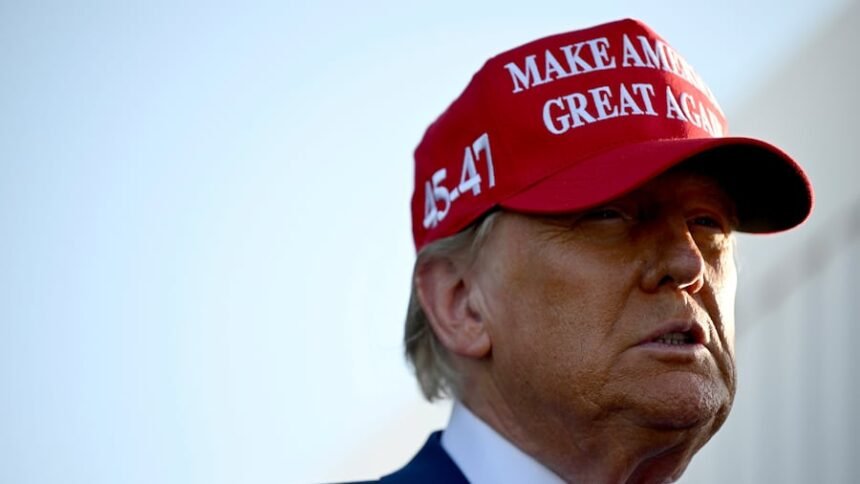The recent withdrawal of a Cabinet nominee has shed light on a recurring theme in American politics: the difficulties incoming presidents face when selecting their Cabinet members. As we reflect on the implications of this trend, it’s essential to examine not only the challenges that come with these nominations but also the broader context of criticism surrounding the current administration’s choices.
The Case of Chronister
Chronister, who was nominated for a key position in the administration, recently stepped back from the nomination process. This withdrawal is emblematic of the hurdles that many Cabinet nominees encounter, ranging from ethical concerns to political opposition. Such withdrawals can disrupt the incoming administration’s plans and highlight the complexities of securing Senate confirmation.
Recent Trends in Cabinet Nominations
Historically, presidential Cabinet picks have faced scrutiny, but recent years have seen an uptick in challenges. Here are some notable examples:
- Ethical Concerns: Many nominees have faced questions regarding their past actions or financial dealings. For instance, several of President Trump’s nominees were scrutinized for potential conflicts of interest, raising concerns about their ability to effectively serve in their roles.
- Political Polarization: The increasing polarization in Congress has made it more challenging for nominees to gain bipartisan support. This division often leads to contentious confirmation hearings, where nominees are grilled on their qualifications and positions.
- Public Backlash: Social media and public opinion can significantly influence the nomination process. Nominees who face backlash from advocacy groups or the public may choose to withdraw to avoid further controversy.
Criticism of Trump’s Current Slate
President Trump’s current Cabinet picks have not been immune to criticism. Some of the key points of contention include:
- Lack of Diversity: Critics have pointed out that the current Cabinet lacks diversity in terms of race, gender, and experience. This homogeneity can limit perspectives and hinder effective governance.
- Experience and Qualifications: Some nominees have faced questions about their qualifications for their designated roles. Critics argue that a lack of relevant experience can undermine the effectiveness of the Cabinet.
- Policy Positions: The policy positions of certain nominees have sparked controversy, particularly among progressive groups. This has led to calls for more transparency and accountability in the nomination process.
The Impact of Withdrawals on Governance
Withdrawals like Chronister’s can have significant implications for governance. They can delay the implementation of key policies and disrupt the functioning of the executive branch. Furthermore, frequent withdrawals may lead to a perception of instability within the administration, potentially undermining public confidence.
Conclusion
The withdrawal of Cabinet nominees is a recurring issue that incoming presidents must navigate. As the political landscape continues to evolve, it’s crucial for administrations to consider the implications of their nominations carefully. By addressing concerns related to ethics, diversity, and qualifications, future administrations can work towards building a Cabinet that not only reflects the nation’s values but also effectively serves its citizens.
As we move forward, it will be interesting to see how the current administration addresses these challenges and whether they can successfully fill key positions in their Cabinet.


Leave a Reply